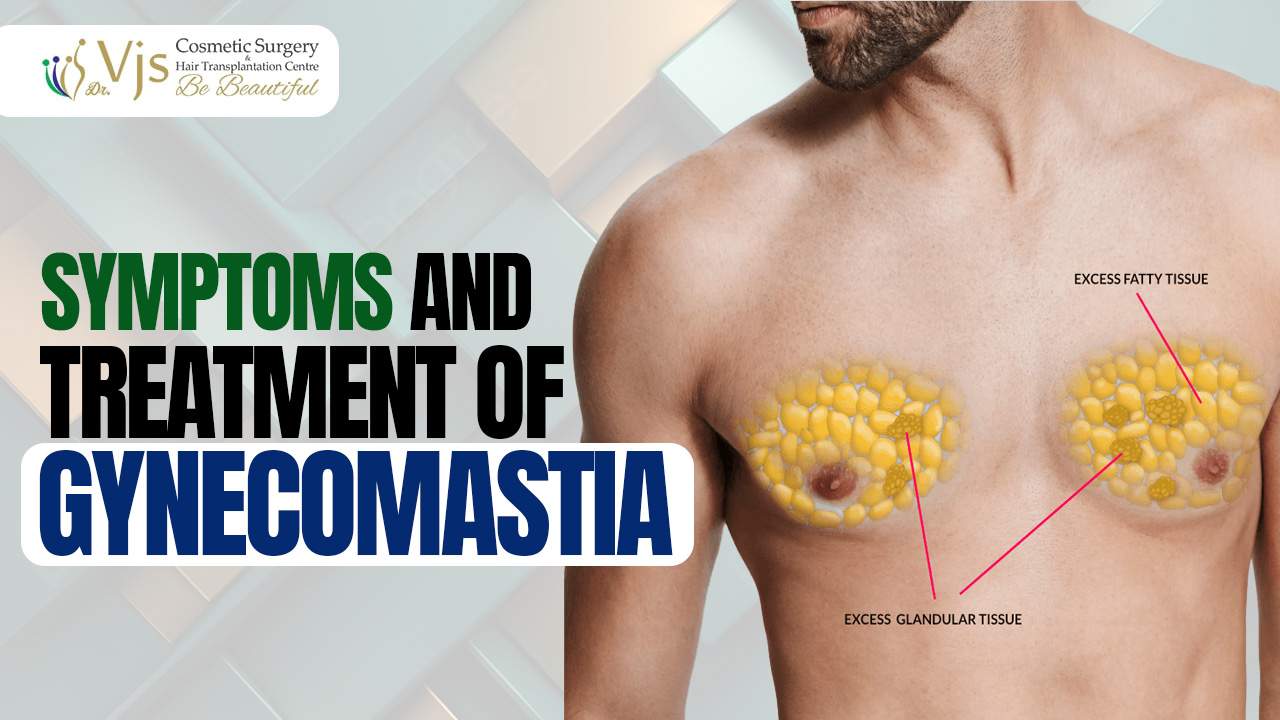Alopecia Areata
- Alopecia areata : diagnosis & treatment in india
- Book Appointment
- What is alopecia areata (aa)?
- Effects of alopecia areata
- Facts about alopecia areata
- Alopecia areata causes
- How alopecia areata develops
- Diagnosis of alopecia areata
- Types of alopecia areata
- Related forms of alopecia areata include;
- Alopecia areata treatment
- Alopecia areata treatment cost
- What are the possible results of alopecia areata treatment in vizag?
- Related Posts
Video
Alopecia Areata : Diagnosis & Treatment in India
Hypothyroidism is the commonest form of thyroid disorders that lead to alopecia areata with an incidence of 49%. According to Deepa Patel, BS, of the Children’s Hospital of Philadelphia, and colleges, subclinical dysfunction take 12%, and hyperthyroidism with an incidence of 20% in a study based on 298 individuals.
Among the findings, a family history of thyroid disease and Down Syndrome were the greatest risks for Alopecia Areata. The link confirmed the previous studies released about the vital role of the T-cells in the hair growth cycle. Dysfunctions of the T regulatory cells present in atopic patients may trigger various autoimmune diseases that include the thyroid disease and Alopecia Areata.
Book Your Appointment Now
What is Alopecia Areata (AA)?
Alopecia Areata is a type of hair loss that occurs due to a dysfunction in one’s autoimmune system. In this case, the autoimmune system mistakenly attacks the hair follicles, thereby disrupting the hair growth cycle. As a result, patchy bald spots, normally circular in form will be witnessed.
Alopecia Areata may affect different parts of the scalp or may entirely affect the scalp leaving one bald. In the same way, AA may lead to facial hair loss in all genders.

Effects of Alopecia Areata
- Alopecia areata isn’t a life-threatening scalp condition, but it is associated with immense public insecurities and low esteem.
- It leads self-conscious patients to withdraw from the public and may trigger depression
- It is advised to attain counseling in case affected by alopecia areata since there are millions of alopecia areata victims living normal lives because of counseling
Facts About Alopecia Areata
- It is characterized by well-defined patches.
- It is one of the commonest forms of hair loss.
- It is commonly described as incurable, though highly qualified dermatologists and hair transplant surgeons can treat it.
- It is an autoimmune disease.
- It is genetically correlated.
- It isn’t contagious or life-threatening .
- 11% of individuals with alopecia areata never regrow their hair.
- It commonly attacks the teenagers and the youth.
- Its incidence is higher in men, though some studies indicate that it’s equal in all genders.
Alopecia Areata Causes
- General studies indicate that alopecia areata occurs due to an autoimmune dysfunction. This condition causes the White Blood Cells (WBC) to attack cells in the hair follicles triggering them to shrink and the weakening of the hair growth ability.
- Other studies indicate that stress can also trigger alopecia areata.
- Numerous studies have shown that alopecia areata is genetic. This means that one may have a higher incidence of suffering from alopecia areata in case he or she has a family member who suffered from it.
- Some studies have also shown that individuals with a history of various autoimmune disorders such as thyroiditis, atopy (allergies), and vitiligo have a risk of suffering from alopecia areata.
How Alopecia Areata Develops
- The development of alopecia areata isn’t a gradual process, but rather a drastic occurrence where hair falls out in clumps. This will result in circular and smooth patches on the body or other areas of the body.
- Alopecia areata has three different stages, the last stage being Alopecia Universalis (loss of scalp and body hair).
- In some cases, hair in the affected regions initially becomes thinner with loss of density after which it will fall out.
- Some individuals may naturally re-grow their hair within a few months (6) in case the inflammation subsides while others may require medical intervention.
Diagnosis of Alopecia Areata
- A diagnostic approach to Alopecia Areata involves both scalp analysis (physical examination) and blood tests.
- During an evaluation process, various questions will be posed regarding your family history or any history of any autoimmune disease. The doctor or surgeon may pull out a few of your hair strands (hair sample) to take a close look at them in the laboratory.
- Further alopecia areata diagnostic procedures include; Blood tests. Basically, thyroid blood tests are conducted to check for hyperthyroidism or hypothyroidism.
Types of Alopecia Areata
There are basically three forms of alopecia areata explained as below;
- Onset or Patchy Alopecia AreataThis is characterized by coin-sized patches on the scalp or any other part of the body occupied by the hair. Individuals with this type of alopecia areata have higher chances of regrowing their hair back within a year
- Alopecia TotalisThis is the second phase of AA characterized by complete hair loss across the entire scalp.
- Alopecia UniversalisIt is a more advanced form of Alopecia Areata where there is a complete loss of scalp hair, facial hair, and body hair.
Related Forms of Alopecia Areata Include;
- Ophiasis Alopecia: This has a unique pattern of hair loss and mainly affects the sides and back of the scalp. This form is hardly treated and many have ended up using wigs
- Diffuse Alopecia Areata: Hair experts described diffuse alopecia areata as a form of telogen effluvium. It generally results in hair thinning all over the scalp and it is hardly detectable.
Alopecia Areata Treatment
Hair growth in alopecia areata patients is unpredictable, but when early detected and treated, hair growth can be expected within a year. The various forms of Alopecia Areata Treatment in Visakhapatnam include;
- Corticosteroids: Corticosteroids injections are administered in the scalp or skin for two months or less. In younger patients, Topical Corticosteroids are directly applied to the affected region.
- Anthralin: It is an ointment directly applied to the scalp to help regrow your hair. It is associated with skin staining and irritation.
- Minoxidil: Also known as Rogaine, it is a popular hair loss treatment that can be used alongside topical corticosteroids.
- Hairpieces (Wigs): Modernity has introduced us to both customized human and synthetic hairpieces. These wigs come in different styles and sometimes braided like hair.
- Hair products: Some patients may be helped through prescribed hair loss products or care regimes that can help regrow hair naturally.
- Hair Transplant: Hair transplant in Alopecia Areata require extra expertise and experience as there are greater chances of further inflammation or botched hair transplant surgeries. A hair transplant in Alopecia Areata patients requires one’s AA to be mature in order to prevent further hair loss.
- Scalp Tattooing: It is an aesthetic procedure that uses synthetic color to design your scalp in the case of Alopecia Universalis. Another solution, in this case, maybe Scalp Micropigmentation a treatment where a natural pigment is used to mimic hair in the affected regions.
Alopecia Areata Treatment Cost
There isn’t a definite Alopecia Areata Treatment Cost in Andhra Pradesh, but differs from one individual to another. In the case of Corticosteroids injections, one may spend Rs. 6,500. It may vary from one hair transplant centre to another.
Patient’s whose alopecia areata treatments are covered by insurance may enjoy a relief from the huge cost.
A hair transplant may cost one depending on the number of circular patches to be covered with hair and the number of hair follicles to be extracted from the donor region.
What are the possible results of Alopecia Areata Treatment in Vizag?
The efficacy of the treatment depends on the type of alopecia and its extent. Patients with Alopecia Universalis have a poorer prognosis and commonly realize treatment failure.
Patients with onset or minimal hair loss (Alopecia Areata) may realize total regrowth of hair once a proper diagnostic procedure and effective treatment are taken. A combination of treatment and alopecia areata management tips must be considered.
Related Posts

Transformation to a Healthy Life with Liposuction through VJ’s Cosmetic Surgery
Obesity is a sole problem for a number of diseases and conditions. It is important to maintain a healthy weight to ensure good overall health.

डिप्रेशन के कारण बढ़ सकता है पुरुषों के ब्रेस्ट का साइज, जाने क्या है गाइनेकोमेस्टिया और क्या है इसके कारण
गाइनेकोमेस्टिया एक ऐसी स्थिति है जिसमे पुरुषों के स्तनों का आकर बढ़ जाता है, को अक्सर पुरुषों के लिए परेशानी की वजह बन जाती है
